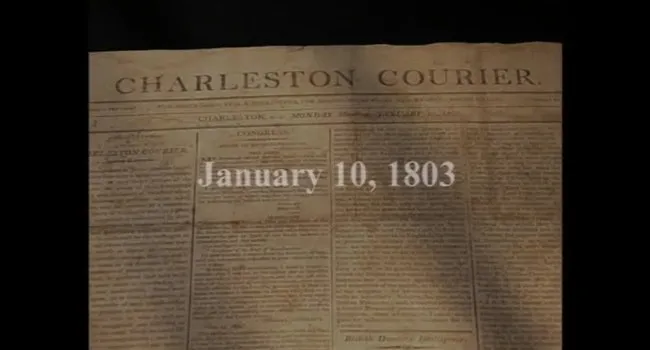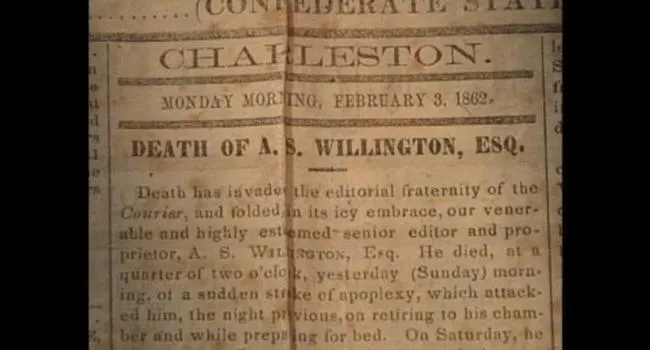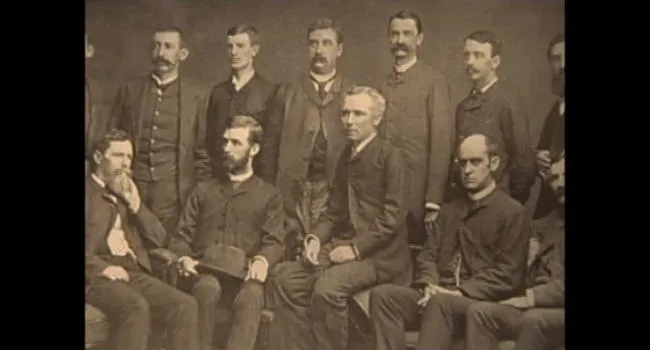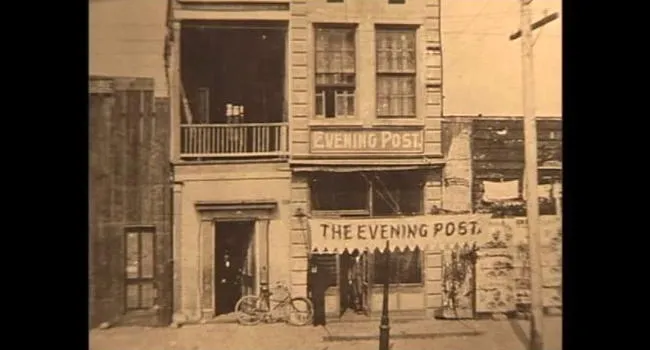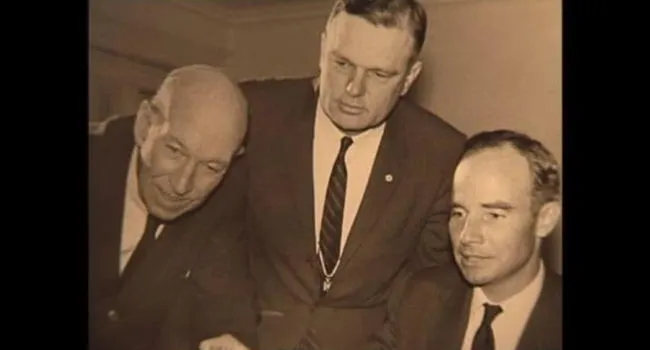William Watts Ball, who had previously worked at The Evening Post and The State, became the new editor. He was an outspoken critic of “The New Deal”, along with too much government, and these views angered many liberals. In 1951, Ball retired as editor and was succeeded by Thomas R. Waring, Jr, and a new facility was constructed on Columbus Street, which contained a four-unit printing press, able to print 50,000 newspapers per hour. Thomas Waring, Jr. was distrustful of Fidel Castro, and was an outspoken opponent of communism. With the growing tensions of race relations in the South, Thomas Waring Jr. supported S.C. senator Strom Thurmond, and was a supporter of segregation. Segregation would later be declared unconstitutional, and The News And Courier would hire Rudolph Pyatt, an English and journalism teacher at C.A. Brown High School, in Charleston, as a reporter.
Pages of History: Mid 20th Century | Carolina Stories - Episode 6
Kaltura

